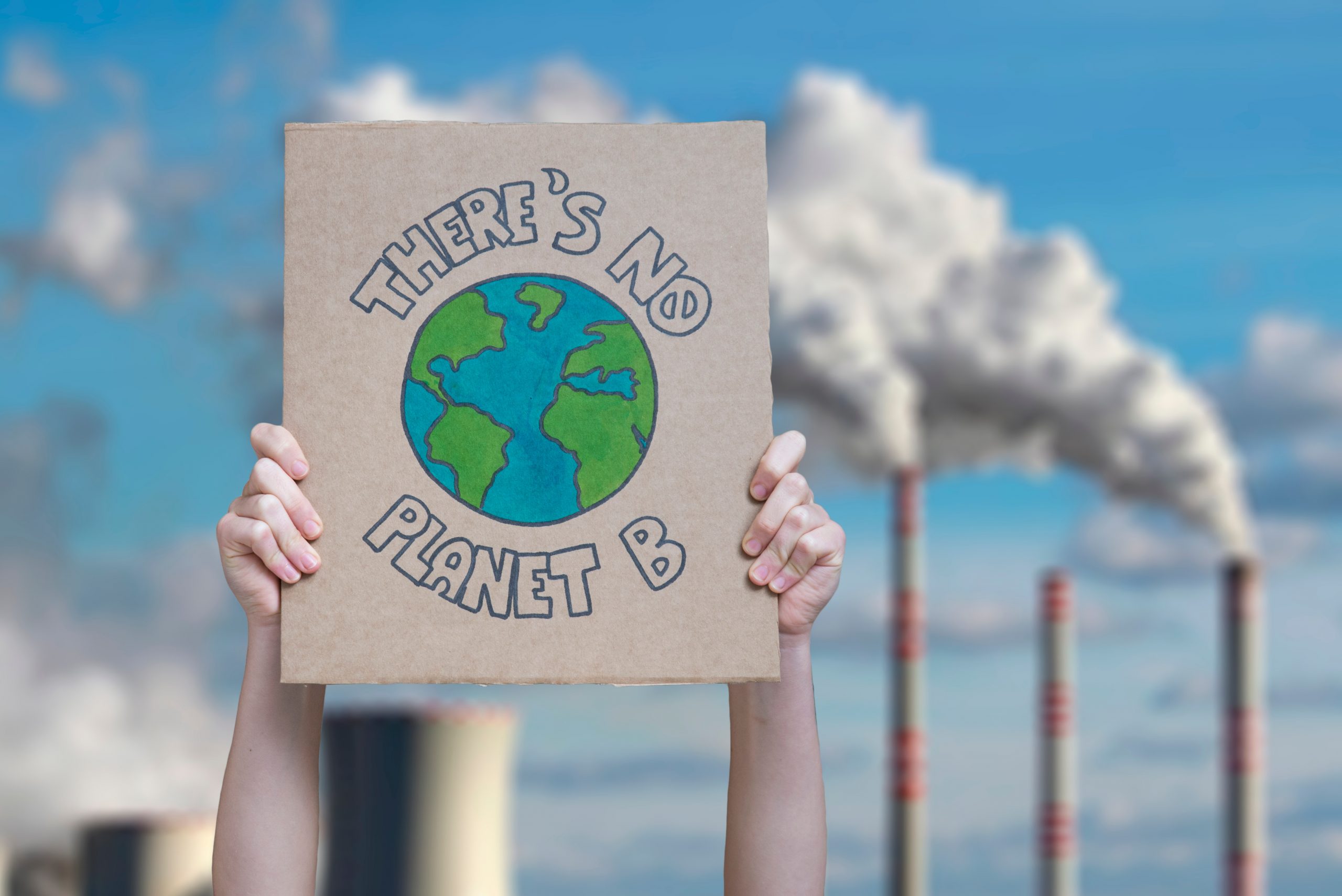Latest IPCC Report: 1.5°C is slipping away
The Intergovernmental Panel on Climate Change (IPCC) has this week published the third part of the Sixth Assessment Report, Climate Change 2022: Mitigation of Climate Change.
This latest report follows on from previous reports outlining the evidence (Climate Change 2021: The Physical Science Basis – Aug 2021) and the impacts (Climate Change 2022: Impacts, Adaptation and Vulnerability – Feb 2022). A fourth report (AR6 Synthesis Report: Climate Change 2022) is due to be published in September 2022.
The highlights from the report:
- Greenhouse gas (GHG) emission continue to rise globally across all major sectors, but regional contributions differ widely with wealthier countries emitting more.
- We are not on track to limit warming to 1.5 °C, even though some GHG emissions have been avoided due to consistent expansion of climate policies and laws.
- Projected GHG emissions from existing and currently planned fossil fuel infrastructure will lead to warming up to 2°C. There can be no new fossil fuel exploration and extraction.
- Global GHG emissions are projected to peak by 2025, but this assumes immediate action is taken.
- Limiting global warming to 1.5°C involves rapid and deep emission reductions in all sectors, including major transitions needed in energy.
- Net-zero GHG emissions from the industrial sector are challenging but possible.
- Urban areas can play a critical role, including low emission construction and building retrofitting.
- Transport emissions can be limited through reducing demand and introducing low-GHG emissions technologies. We need more emphasis on public and active transport.
- Tree planting won’t save us. AFOLU (Agriculture, Forestry and Other Land Use) mitigation options, when sustainably implemented, can deliver large-scale GHG emission reductions and enhanced removals, but cannot fully compensate for delayed action in other sectors.
- The deployment of CDR (Carbon Dioxide Removal) is necessary, including ecosystem restoration, reforestation and soil carbon sequestration.
- We need human lifestyle changes. This requires systemic changes across all of society.
- The global economic benefit of limiting warming to 2°C exceeds the cost of mitigation.
- Action must be equitable. This is critical to sustainable development. There is a strong link between sustainable development, vulnerability and climate risks. Limited economic, social and institutional resources often result in high vulnerability and low adaptive capacity.
- There are mitigation options which are feasible to deploy at scale in the near term. Low emission technologies continue to fall in cost.
- Regulatory and economic instruments to support deep emissions reductions and stimulate innovation need to be scaled up and applied more widely
- Not enough money is being invested to achieve mitigation goals across all sectors and regions.
- International cooperation is a critical enabler for achieving ambitious climate change mitigation goals.
Take a look at CIEEM’s Action 2030 work for more information on what we are doing as an Institute. You may also consider making your own pledge to take action.
